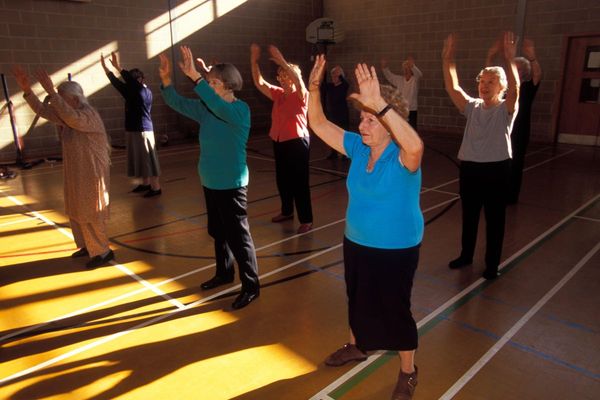
Nobody expects to move back in with their parents in middle age. We usually leave the nest in early adulthood, perhaps circling back from time to time, but only ever temporarily.
I am 43 and now find myself, because of Australia’s raging housing crisis, back in the nest permanently.
Despite working full time as a secondary school teacher I can no longer afford to pay my rent as a single person in Sydney.
“Hi Mum, I need to ask you about something … ” began the conversation with my mother that I never foresaw having, after moving out of home at 22. In decades since then I have worked, travelled and paid my rent. I have managed to live fairly comfortably. I am proud of being able to live independently for all those years. But, no longer.
This is not the narrative arc we expect when we fly forth from the nest. In young adulthood, most of us envisage career, marriage, children and a home of our own.
What we don’t foresee is our mother anxiously inquiring at our bedroom door at 6am, wondering why we are not up yet: “Aren’t you going to be late for work?”
In that moment we are 15 years old again, mentally raging against our mother’s lack of boundaries, but also against a world that is simply too expensive.
This is the life transition that I find myself navigating. It is, at times, an isolating one. How do you talk about it with other people when you’re deeply embarrassed? There are no self-help books for living with your parents in middle age; no “how to deal with” articles for sharing a bathroom with your elderly mother.
Early on I divulged to my hairdresser that I had moved in with my mother. In a show of sympathy he shared that his son had returned to the family home. OK, I thought, I’m not the only one. I asked how old his son is. He is 23. My heart sank.
But it’s not all bad. After years of living by myself, coming home to an empty flat with no sympathetic ear to listen to my work-related woes, it is comforting to know that Mum will listen to me. She proffers advice, and of course, I listen, mostly attentively, to what has happened in her day. Depending on the day of the week it involves Scrabble or chair yoga.
No longer do I sit on my couch eating a hastily assembled salad or microwave dinner for one. Apart from the fact that Mum probably wouldn’t let me eat on her sofa, it is nice to have the ritual of sitting down at the table together.
Coming back to the parental nest in later life has also afforded me the opportunity to re-evaluate, and even deepen, the parent-child relationship.
Like most people I have adolescent memories of fiery arguments with my mother, both of us hurling verbal grenades at each other. I did worry that when I moved back in with her these arguments might begin again.
I am happy to say that they have not. Of course we have disagreements but these are small brushfires in comparison with the raging infernos of my teens. With the passage of time I can see that my mother is only human and that, like everyone, she was only ever doing the best she could. I have learned that picking one’s battles trumps the need to be right.
And that adage – you can’t teach an old dog new tricks. It’s wrong. In her late 70s Mum has discovered social media. I sometimes worry that, in helping her learn to use a smartphone and iPad, I have unleashed something that cannot be tamed. I have seen her, on occasion, sitting in front of the television, iPad next to her and phone in hand. It is not only teenagers who multi-screen scroll.
I don’t think I’m the only one who has moved to a parent’s home later in life. Rather than stay quiet in the silence of shame, we need to acknowledge that flying back to the nest isn’t necessarily a failure.
It can be an opportunity. It allows us to rewrite our understanding of the past and to find a new place in the present.







